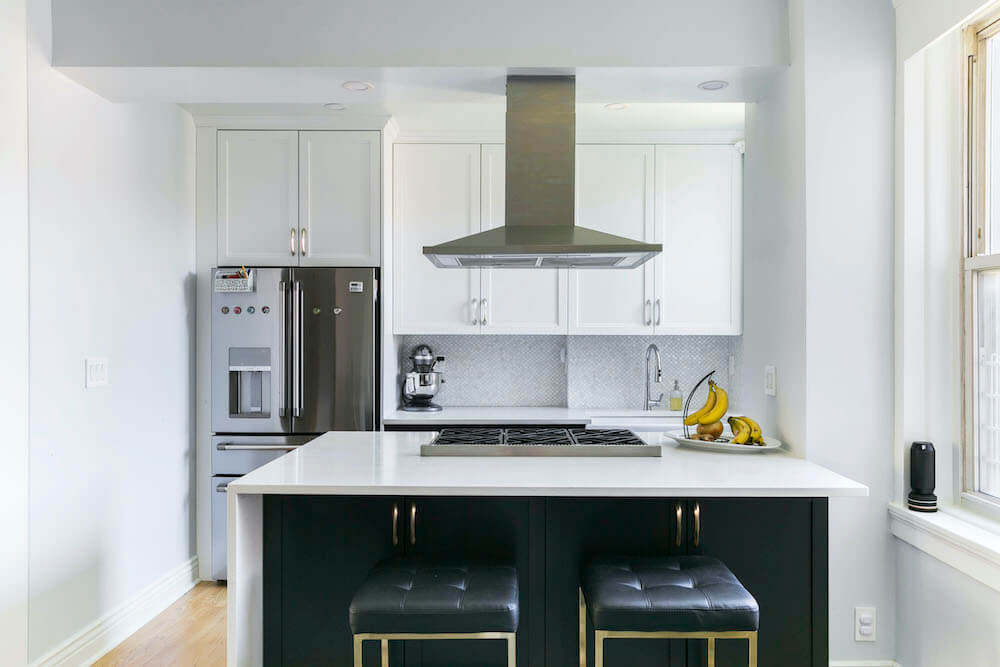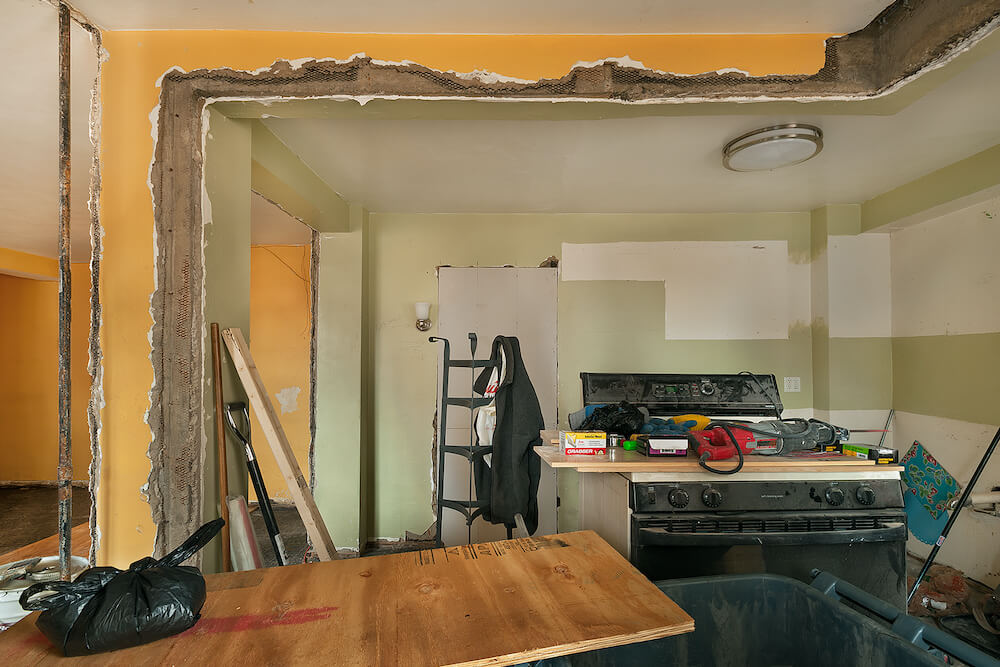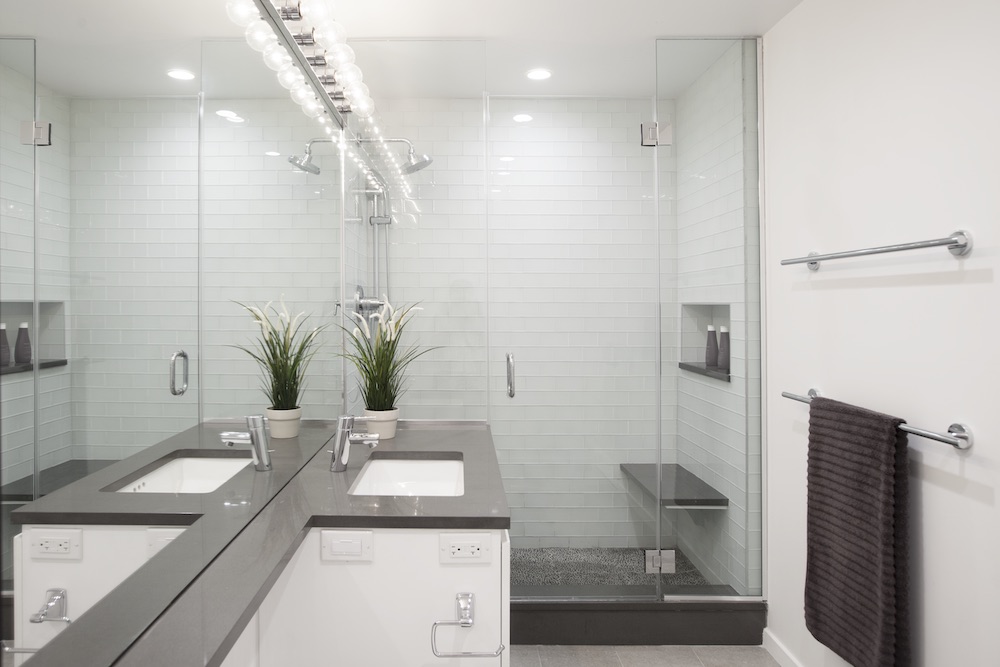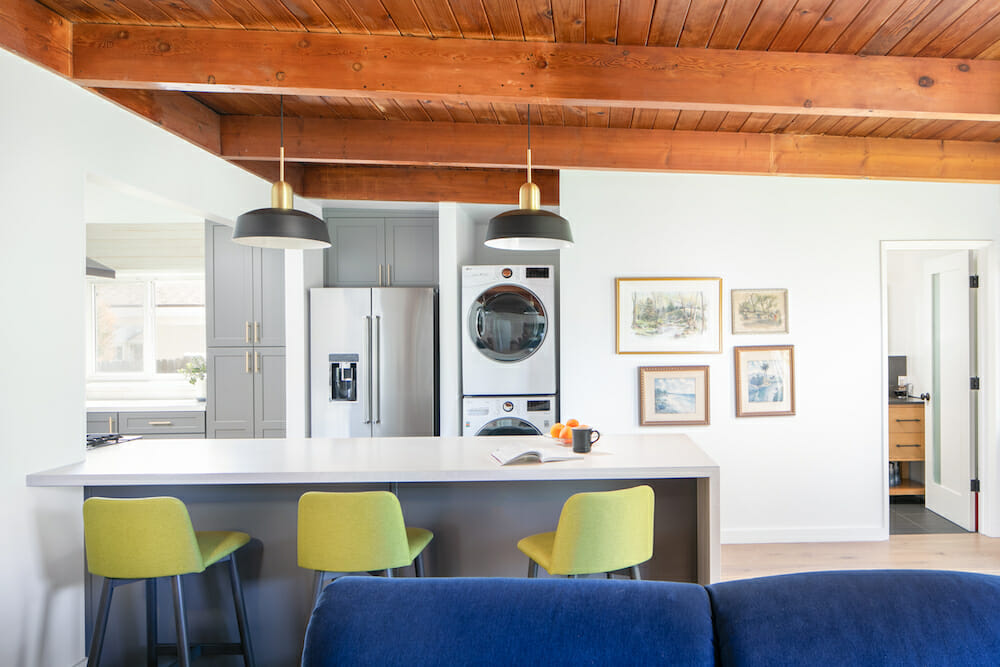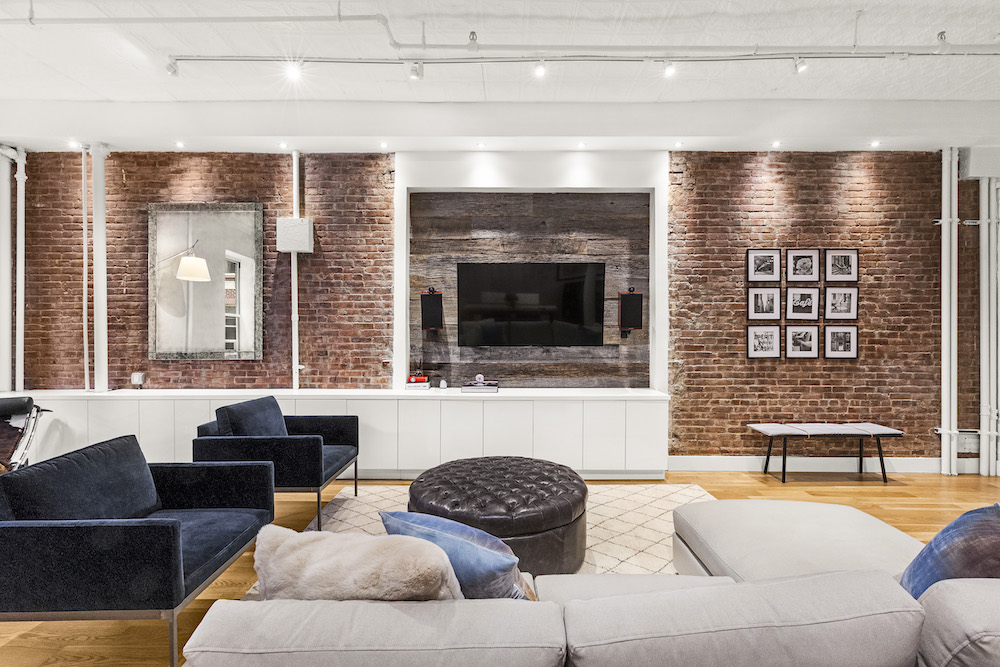What is a Design-Build Firm?
A design-build firm can manage an entire project and be a “one-stop” shop—if you choose
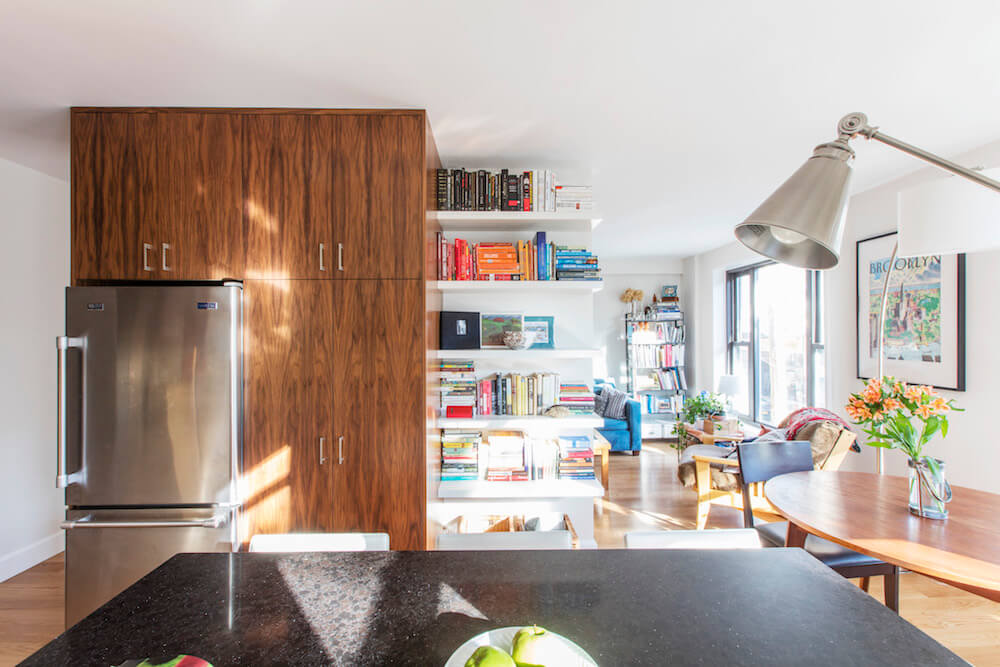
What is design-build?
Design-build firms are a growing segment of the construction landscape. About 15% of the American Institute of Building Design (AIBD) members are now design-build firms, said Steve Mickley, the executive director of the organization, which is made up of designers, builders, and architects.
As the name suggests, a design-build firm takes care of both the design and construction phases of a renovation project. Traditionally, the process involved homeowners working with a designer or an architect before taking those plans over to a general contractor to execute the vision. Now, those specialties exist under one roof with design-build. Here, we explain the role of these remodeling professionals.
How are design-build companies structured?
There’s no clear-cut definition as to what a design-build firm is and who is in their employ. Usually, a firm will either be more design-forward, primarily led by an architect or a designer, or construction-forward with a general contractor taking the reins. Of course, some firms can be an even balance of both.
Whatever the scenario of the firm and your project, “the best approach is to interview as many people as it takes to find someone you feel comfortable with,” advised Mickley. That could mean going with a design-build firm or handpicking a designer and a general contractor. This more traditional method is called design, bid, and build, or DBB. It is where the designer or architect is hired separately from the general contractor.
Are professional design services always necessary for a remodel?
Not every remodeling project needs a designer or architect. According to the National Kitchen & Bath Association, only 22% of homeowners renovating a kitchen or bathroom seek professional design assistance. Instead, many chose to work closely with an experienced general contractor on their design to bring down their total costs.
However, if the scope of your project involves structural changes like moving load-bearing walls or shifting plumbing or gas lines, you will at least need an architect or engineer to approve your renovation plans. Bringing in design help is also a good option if you want meticulous planning and attention to visual details.
What are the benefits of hiring a design-build company?
“One-stop” shop
Design-build firms operate as a “one-stop shop” for home construction, said Mickley. This means homeowners only need to explain their vision to one person who then communicates it to the single design-build team. This is also the case throughout the project. If a change needs to be made, no need to discuss it with your designer or architect and then communicate it to your general contractor.
With a design-build firm, you should have one point person throughout the entire length of your project who is accountable for the timeline, the budget, and delivering what the homeowner wants. “The same person who has the vision has the responsibility to make that happen,” said Mickley.
Project management help
Some homeowners want to closely oversee their renovations. Others don’t. For the latter group, a design-build firm might be a good fit. Rather than the homeowner overseeing the two moving parts of the design and construction phase, a design-build firm watches over both.
If you want a little help with managing a project but aren’t sure you want a design-build firm to take care of the whole thing, some designers or architects may offer a service to help oversee the job. “This is where the designer or architect makes periodic site visits to make sure the general contractor is doing everything to the specifications,” said Mickley. Sweeten brings homeowners an exceptional renovation experience by personally matching trusted general contractors to your project, while offering expert guidance and support—at no cost to you. Renovate to live, Sweeten to thrive!
Guaranteed synergy
There’s always a risk of a personality clash when you pair two humans together. That includes your choice of designer or architect and general contractor. They could work together seamlessly, or they could not. Working with a design-build firm basically eliminates that risk. The design half and construction half would have worked together on many projects and likely created a firm together based on their positive collaboration. “Depending on the project, you could be working with them for six to 12 months, so it’s best to choose wisely,” said Mickley.
A faster project
Of course, things can go wrong with any project and slow the timeline down, including one managed by a design-build firm. However, this type of firm will likely complete a job at a faster pace. A study commissioned by the DBIA found that commercial projects using design-build firms finished about 33% faster than those that used the traditional design, bid, and build process.
There’s reason to think residential projects could also move faster with a design-build firm. That’s because there is likely an overlap between the design and construction phase rather than a lull in momentum when the design phase ends and a general contractor takes up the build phase.
Changes you make along the way could also be done faster, according to Gary, who heads up a Sweeten-vetted design-build firm. Often with the traditional design, bid, and build workflow, a change to your project will require some back and forth between architect and general contractor to see what’s possible and what the best way forward is. This could hold the project up for weeks or more. With a design-build firm, you have your architect and builder already working together and abreast of the project. “Pretty much within a couple of days we can have everything sorted out,” said Gary.
Less expensive (maybe)
Given that design-build is slowly gaining momentum in the residential market, the data isn’t yet available to know what workflow method is easier on the pocketbook. In commercial construction, DBIA found that projects with this category of professionals came in at six percent cheaper when compared with similar jobs using the design, bid, and build workflow.
Why you might NOT prefer design-build
Less control
As we mentioned above, a design-build firm generally means less control for the homeowner, which is great if that’s what you want. However, if you know you want to be hands-on with your construction project, take that into consideration when choosing between design-build or the typical design, bid, and build.
Less choice of professionals
Again, this can be a pro or a con. It’s definitely a con if you have your heart set on an architect and a general contractor who are not part of the same firm. One thing Mickley advised when considering a design-build firm is to ensure they can produce quality designs. “Some design-build firms call themselves that, but they really don’t possess the design portion,” he said. “They just subcontract that out.”
More objective solutions
Having the eyes of a separate general contractor and architect could mean more objective observations about how your project is progressing. It could also mean more ideas. If there’s a problem in need of a solution, you have your architect or designer as well as your general contractor to brainstorm with.
Sweeten can help you hire the right firm
Regardless of which way you ultimately lean on your construction and design, selecting who you work with is a crucial decision. “Once you’ve made that decision, you have to give them your full trust,” said Gary.
When you’re ready to get started on your home remodel, work with Sweeten to renovate with the best contractors and design-build firms.
Frequently asked questions
Design-build firms are firms that provide a homeowner with a general contractor, architect, and/or interior designer. They are considered “one-stop” shops because they offer varying services within one company. Design-build firms might be more design-based, some more construction-heavy, and others have a good balance of each. A positive aspect of these firms is communication: because these teams are built to work together, there’s less confusion about responsibilities or how to connect with the renovating homeowner.
Design-build firms can be more expensive to work with than construction-only firms because the service level they offer is higher. These firms are ideal for renovating homeowners who want to (or need to) enlist the help of an architect and/or interior designer, in addition to a general contractor. For example, homeowners doing a transformational gut renovation will likely need the help of a design-build firm.
—
Sweeten handpicks the best general contractors to match each project’s location, budget, and scope, helping until project completion. Follow the blog for renovation ideas and inspiration and when you’re ready to renovate, start your renovation on Sweeten.
